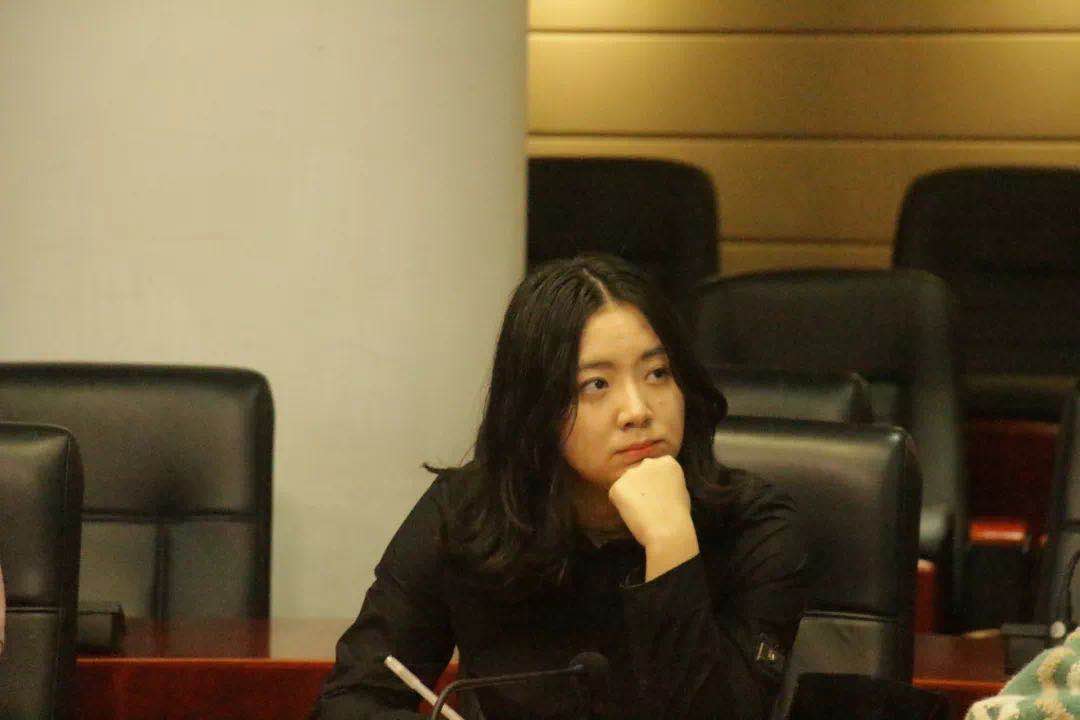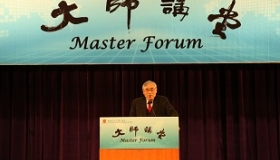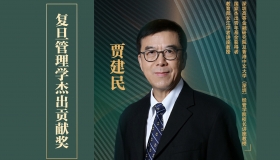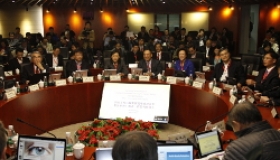Activity Review | Taking control of one’s own life, be a practitioner of idealism
At 7:00 p.m. on April 1st, students sat around the round table in the room and listened to an excellent lecture on career planning and employment guidance given by Mr. Zhao Hainan.

At the beginning of the lecture, Mr. Zhao first introduced what is the career planning.
Career planning is about how people allocate their precious time and energy. Every individual has different thoughts and choices regarding their own lives. Mr. Zhao Hainan pointed out that the techniques and skills for career planning are not the most important; however, what matters most are the understanding, application, and transformation of these skills.

Faced with future career’s major decision-making, Mr. Zhao Hainan applied a combination of internal and external rules to propose four-dimensional decision-making factors: internal interests, needs, skills, and external trends.
Do Not Confuse Hobbies with Interests
When talking about interests, Mr. Zhao Hainan pointed out sharply that interests should not be confused with hobbies. The close connection between the two lies in the fact that interests are the motivation behind hobbies. Mr. Zhao then conducted a Holland Code (RIASEC) Career Test, or in Chinese known as the Island of Interest Test. Through the test, students found that the six islands represent six different life and work scenarios, representing six different types of people. The choice of which island to live in reflects our main interest point and the life scenario that suits us. For example, some students enjoy getting along with other people, while others prefer logical and abstract thinking. The understanding of interests can help students better allocate their time and energy in their future lives.

Understand Our Needs
Mr. Zhao Hainan showed nine words - love, joy, wealth, independence, health, and so on—and let the students choose three elements that they value most.
An in-depth interpretation of these choices can point to our potential values and the authentic needs. It reflects the real voice inside our heart that cannot be affected by external influences, and is an important factor that cannot be ignored in future career planning. It can avoid to be an incapable person with versatile skills when we refer to these factors.

“Hardcore Skills” in the Workplace
Skill is a factor that must be considered when choosing a career. Mr. Zhao believed that we should first be clear about what capabilities we need to develop. Professional abilities can be obtained from compulsory courses; but aside from that, have we paid attention to which particular qualities and skills our ideal company is looking for? Certainly, communication, cooperation, and organisational skills are the “hardcore skills” in the workplace.
When we have a clear assessment of our abilities, we can focus more effectively on developing our abilities and meeting the requirement in the future workplace.

Choosing a Career in Line with Trends
The career that we choose had better follow the trend of the times. We shall accurately understand the trends and development direction that have occurred over time. Mr. Zhao suggested that the best way is to do an internship and talk with the professionals. Despite searching online is the quickest and most convenient way, it can only provide few knowledge of just the tip of the iceberg.
At the end of the lecture, Mr. Zhao concluded that at university, we need to learn more about our interests, identify our needs, and develop our skills. We should also constantly learn through practice and experiences, and explore social development trends. Our career decisions neither necessarily be perfect, nor necessarily always be the same; but we can plan our career by integrating the four factors (interests, needs, skills, and trends), since the direction we are heading is more important than the speed we are moving to get there.




